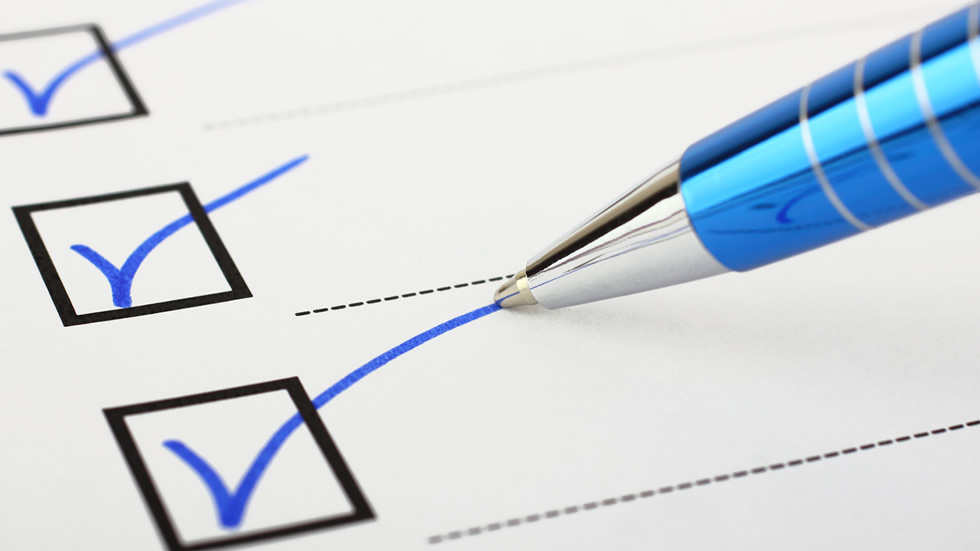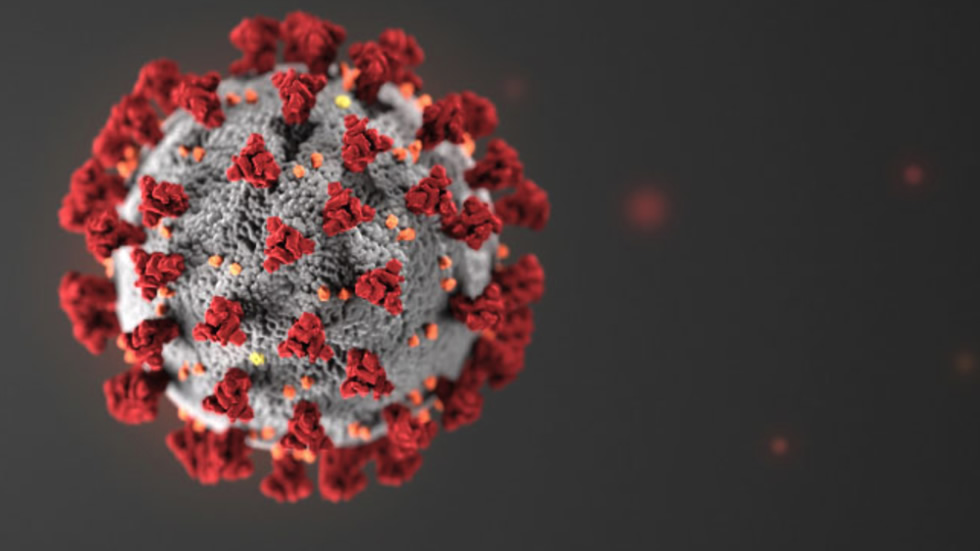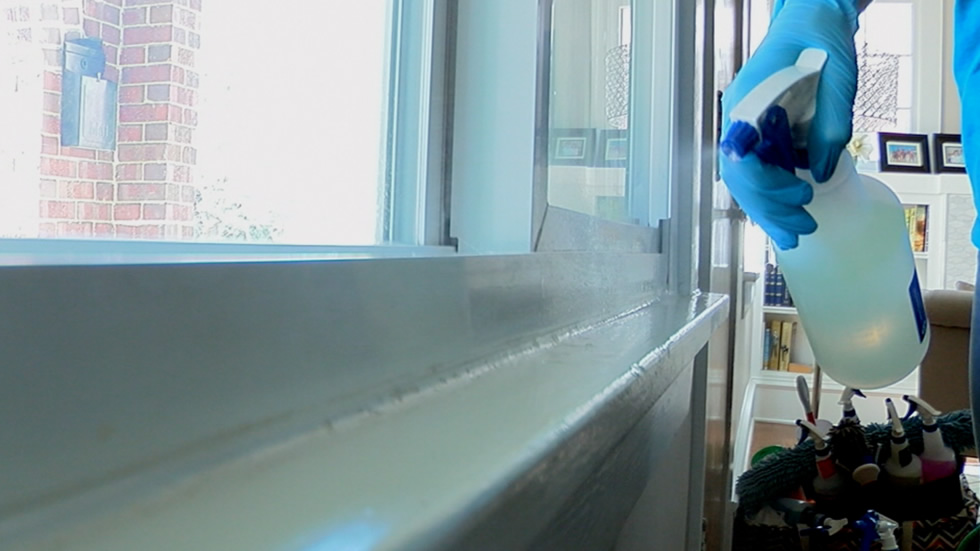Covid-19 Cleaning Inspection Checklist When Reopening Your Business
COVID-19 Cleaning Countless businesses closed due to restrictions related to the coronavirus. Now, many of those restrictions are loosening as infection rates decline in specific areas. Even where the rates haven’t yet reached the required levels, business owners are getting ready to reopen. However, those business owners will need to take precautions before opening their doors. At Moldtrust, our team is dedicated to helping businesses get back to normal after the shutdown by providing inspections and related environmental services.
Be Prepared
Before a scheduled inspection, take the time to prepare the business. There are several things building owners or lessees should consider before an inspection. Most inspectors recommend taking the following steps to prepare for an inspection.
Humidity levels must be controlled during the shutdown. Closed buildings tend to experience increased humidity levels, especially when HVAC systems are shut down to save money. Industry experts recommend that humidity levels be kept below 50 percent to minimize the potential for mold growth. When possible, use a system or app that allows remote monitoring to avoid spreading contaminants by entering the building.
If the humidity levels rise unexpectedly, it’s important to discover the cause of that increase and deal with it quickly to avoid additional problems. Keep the number of people entering the building to a minimum, but allow necessary personnel to access the structure and take care of any leaks or other issues contributing to the humidity increase.
Conducting the Inspection
First, the building owner or occupant contacts the inspection experts to schedule an inspection. The inspectors will review the building’s characteristics and recommend specific testing services based on the building type, its use, and the length of time it’s been shuttered.
When cleaning is needed, the building’s owner or occupant may be encouraged to deal with any necessary cleanup prior to the inspection. Of course, all proper precautions must be in place to protect the maintenance team. If there are specific safety concerns, the inspectors may recommend waiting until after an initial inspection to protect the client’s maintenance team.
Each type of building will require different inspection strategies. The inspection team will review the requirements with the building’s owner or occupant and answer any questions.
Next, the Moldtrust team will prepare to carry out the necessary inspections. The building’s occupants will be asked to wait outside until the process is completed. If that’s not possible, the occupants are required to wear masks and maintain proper social distancing during the process.
Third, the actual inspection will take place. Before entering the building, the inspection team will don appropriate protective gear. That’s to protect both the inspection team and the building’s occupants. The idea is, always, to minimize the potential of transferring the virus or other contaminants to or from the building.
Fourth, the inspectors sent the testing samples collected during the inspection directly to the lab for analysis. Once the analysis is completed, the results are sent directly to the client.
COVID-19 Cleaning – What’s Next?
That depends on the test results. If the coronavirus or other contaminants are discovered, the building owners will need to eliminate the threats. So, what threats might the inspection uncover?
The primary concern for most building owners or occupants is the presence of the coronavirus. That’s certainly a possibility, especially if there are people regularly entering or leaving the premises. If the virus is present, the CDC has specific protocols to follow to eradicate the threat. However, the coronavirus is only one possible threat to consider.
Another potential issue is mold. There are numerous types of molds found in the area. Most molds are rather benign, but any mold that’s allowed to grow unimpeded can cause health-related problems for occupants. Molds also threaten the viability of building materials. That means identifying and eradicating them is vitally important.
In addition, building owners need to be aware of potential issues related to Legionnaires’ disease. When HVAC systems are not in regular use, water tends to sit and develop bacteria, including the bacteria causing Legionnaires’ disease. If the inspection finds any signs of bacteria linked to Legionnaires’ disease, the issue will need to be dealt with promptly.
Dealing With the Coronavirus, Mold, and Legionnaires’ Disease
When any type of contamination is discovered, the inspectors will generally recommend the building be vacated until proper cleaning and decontamination efforts are completed. The exact steps to take will vary to some degree, but some procedures will always be recommended.
Moldtrust experts follow all CDC recommendations to ensure the coronavirus is eradicated from a structure. Since the virus remains viable for days on surfaces, proper cleaning and disinfecting are crucial. Our team uses disinfectants that eliminate over 140 virus strains, including Human Coronavirus.
When mold is discovered, we use the cleaning and remediation products recommended for the specific types of mold found in a building. Since new, more-effective products are commonly released, we make every effort to keep abreast of the latest discoveries and adopt the ones that meet our clients’ needs.
Of course, Moldtrust also uses environmentally safe products to protect our team, all clients, and the Earth. We also understand that cost is a factor for every client, so we do everything possible to keep costs as low as possible while also ensuring everyone’s safety.
Duct cleaning is an integral part of our overall protection strategy. Dirty ductwork harbors a wide variety of pathogens in addition to allowing all types of dirt to circulate through a building. When HVAC air handling systems are neglected, environmental problems become worse quickly.
The cleaning should always include both the supply and return air ducts, but registers, grilles, diffusers, heat exchangers, cooling coils, and other components should also be properly cleaned to ensure every business can safely reopen.
Getting Ready to Reopen? Contact Our Team Today
If you’re currently preparing to reopen your business, now is the time to contact our experts for advice on COVID-19 Cleaning. We’ll gladly answer any questions and schedule an appointment for an inspection to determine what types of services may be required to ensure the safety of your building’s occupants. For immediate service, contact Moldtrust now.




